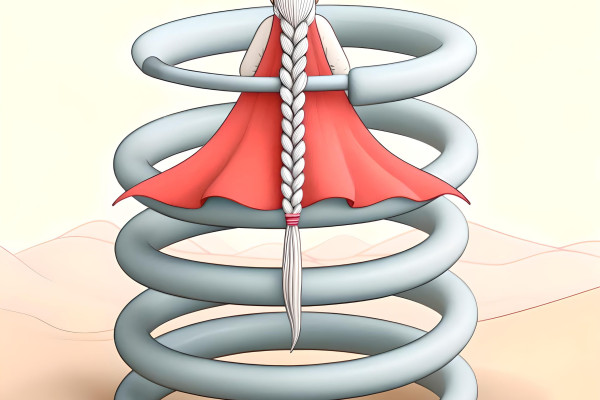At 2:00 pm on August 5, 2010, a gold and copper mine collapsed in the Atacama Desert, and 33 miners were instantly trapped 700 metres under the earth’s surface. In 35°C heat and suffocating humidity, the miners lacked sufficient food or water, and after days of peering down adjacent tunnels and ventilation shafts for a way out, they came to the terrifying conclusion that there was no escape.
On this day, 33 miners were forced, by a rare act of fate, to become superior to their former selves. While the rest of the population, up upon the Earth’s surface, continued to plod about, going about their day at a slow pace, apathetic and half-awake, the miners, in contrast, were jolted into a new way of being.
In The Energies of Men, philosopher William James writes about the human tendency to operate, most of the time, at half speed. Although we have vast reservoirs of energy to draw upon, most of this energy goes unspent. “Everyone knows on any given day that there are energies slumbering in him which the incitements of that day do not call forth, but which he might display if these were greater,” writes James. “Most of us feel as if we lived habitually with a sort of cloud weighing on us, below our highest notch of clearness in discernment, sureness in reasoning, or firmness in deciding. Compared with what we ought to be, we are only half-awake… We are making use of only a small part of our possible mental and physical resources.”
To illustrate his point, James uses an experience common to all of us at some point in our lives. We habitually stop to rest when we feel tired from working, or cleaning, or playing a sport; but then at times due to a deadline, or scheduled event, or competition, we plough on. We may stay up late, or delay rest, or run that extra ten miles, and, somehow, we manage to come into a ‘second wind’, tapping into some hidden reservoir of energy.
How, questions the philosopher, can we better utilise this hidden energy – a magical power – in our everyday lives?
When 33 men were buried alive almost a kilometre deep, duty shift supervisor Luis Urzúa led the survivors into a 50m2 underground room, which he’d designated as a refuge. He organised the men into teams and gave them the daily task of searching for food and water. He set up an underground chapel and held daily prayers.
There was enough food for days not months, so the men established a careful rationing system, barely sufficient to keep them alive. They drank from an underground spring and emptied water from the radiators of mining equipment.
For over two months, the men lived in a state of paralysing uncertainty, but, forced to rise to the occasion, they miraculously learnt to survive. And, on the 69th day, a moment that was televised to a billion people worldwide, all 33 men were excavated to safety into the arms of tearful loved ones.
Humans live far within their limits, writes James. We possess powers which we habitually fail to use. We rarely exhaust our energy supplies, and hardly ever operate at our optimum. “It is an inveterate habit,” he writes “the habit of inferiority to our full self.”
What if, instead, the philosopher surmised, we could somehow harness this latent energy so that our lives are richer, and grander – giving us more energy to flourish?
>> From the Flourishing edition, which can be purchased here from our online store


